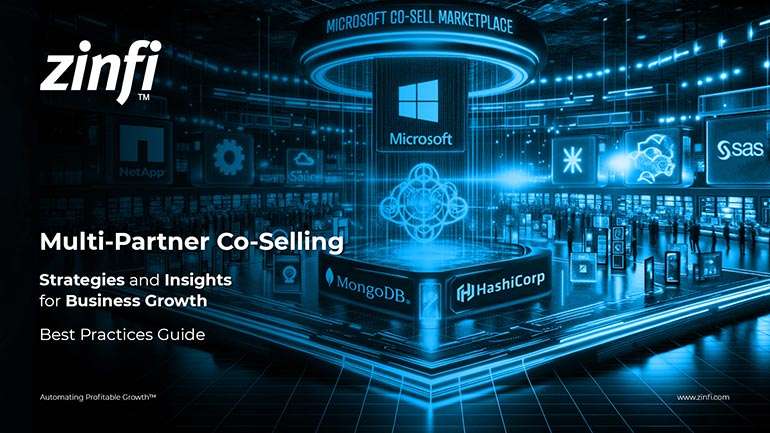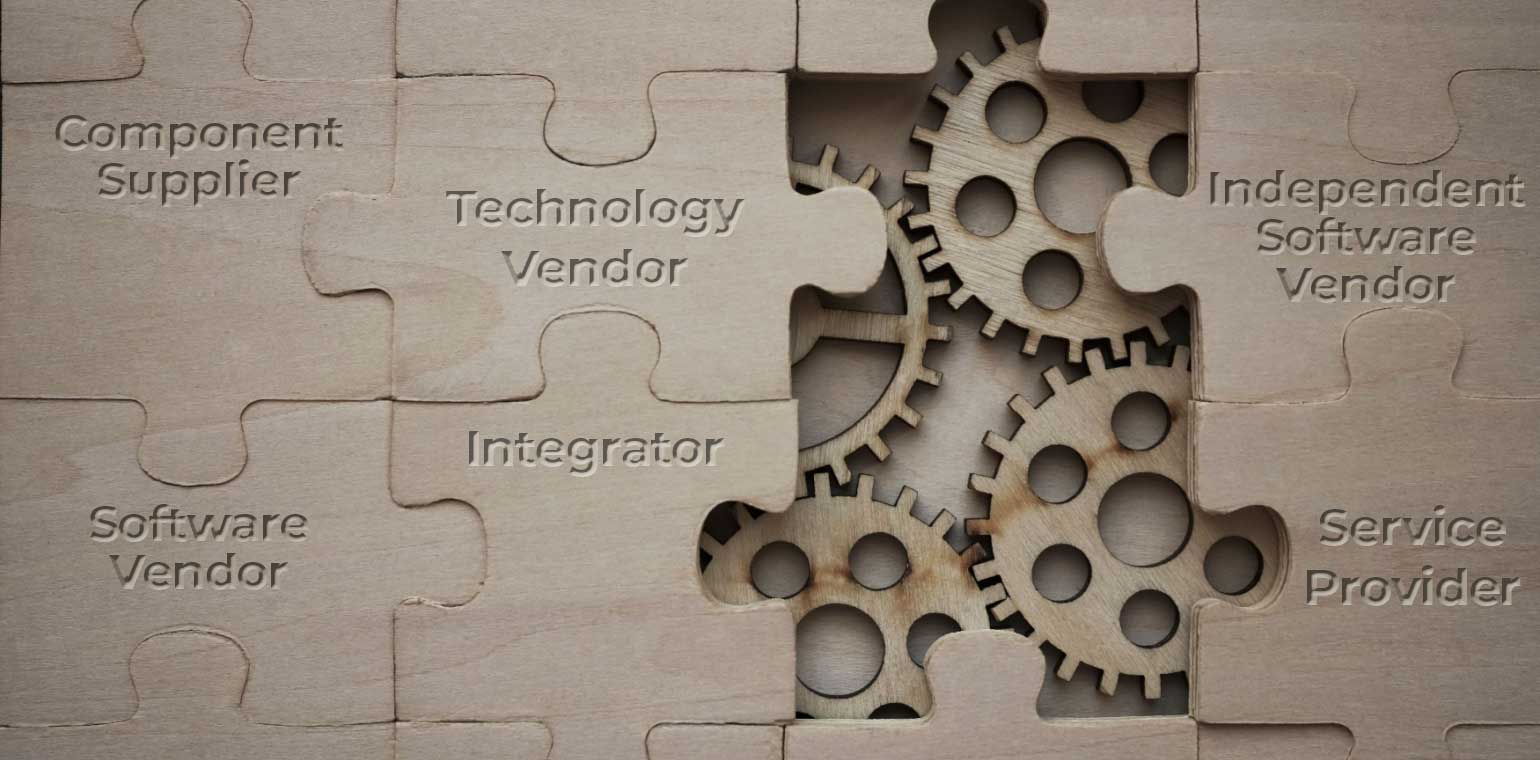Best Practices Articles

The Evolution and Future of Affiliate Marketing Software: Empowering Consumers and Businesses Alike
Introduction
Affiliate marketing software has become an indispensable tool for businesses, influencers, and consumers alike. As a powerful marketing strategy, it continues to evolve and expand its applications across various industries, including technology, manufacturing, finance, and real estate. In this article, we will dive into the history of affiliate marketing software, discuss its current state, and explore where it is heading. We will also examine its core applications, similarities with other software, and its influence on consumers, influencers, and businesses.
A Brief History of Affiliate Marketing Software
Affiliate marketing has its roots in the early days of the internet when e-commerce pioneers realized the potential of leveraging referrals to generate sales. The first recorded instance of an affiliate marketing program dates back to 1994, when the founder of PC Flowers & Gifts, William J. Tobin, set up a revenue-sharing model with Prodigy Network. As the internet evolved, so did the software used to manage and track these referral programs. Over the years, affiliate marketing software has become increasingly sophisticated, incorporating tracking, analytics, and automation features. The rise of social media platforms and influencer marketing has further driven the need for more comprehensive solutions to manage these campaigns effectively.The Current State of Affiliate Marketing Software
Today, affiliate marketing software offers a plethora of features and functionalities, catering to the diverse needs of businesses and individuals. Core applications of these tools include:
- Affiliate onboarding and registration: Streamlining the process of recruiting, approving, and managing affiliates.
- Promotion management: Providing affiliates with promotional materials, unique links, and other resources to support their marketing efforts.
- Link tracking via UTM: Utilizing UTM parameters to track the performance of individual affiliate links, helping businesses understand which campaigns and affiliates are driving the most sales and engagement.
- Referral tracking: Monitoring the referral sources, clicks, and conversion rates to ensure accurate attribution and commission payouts.
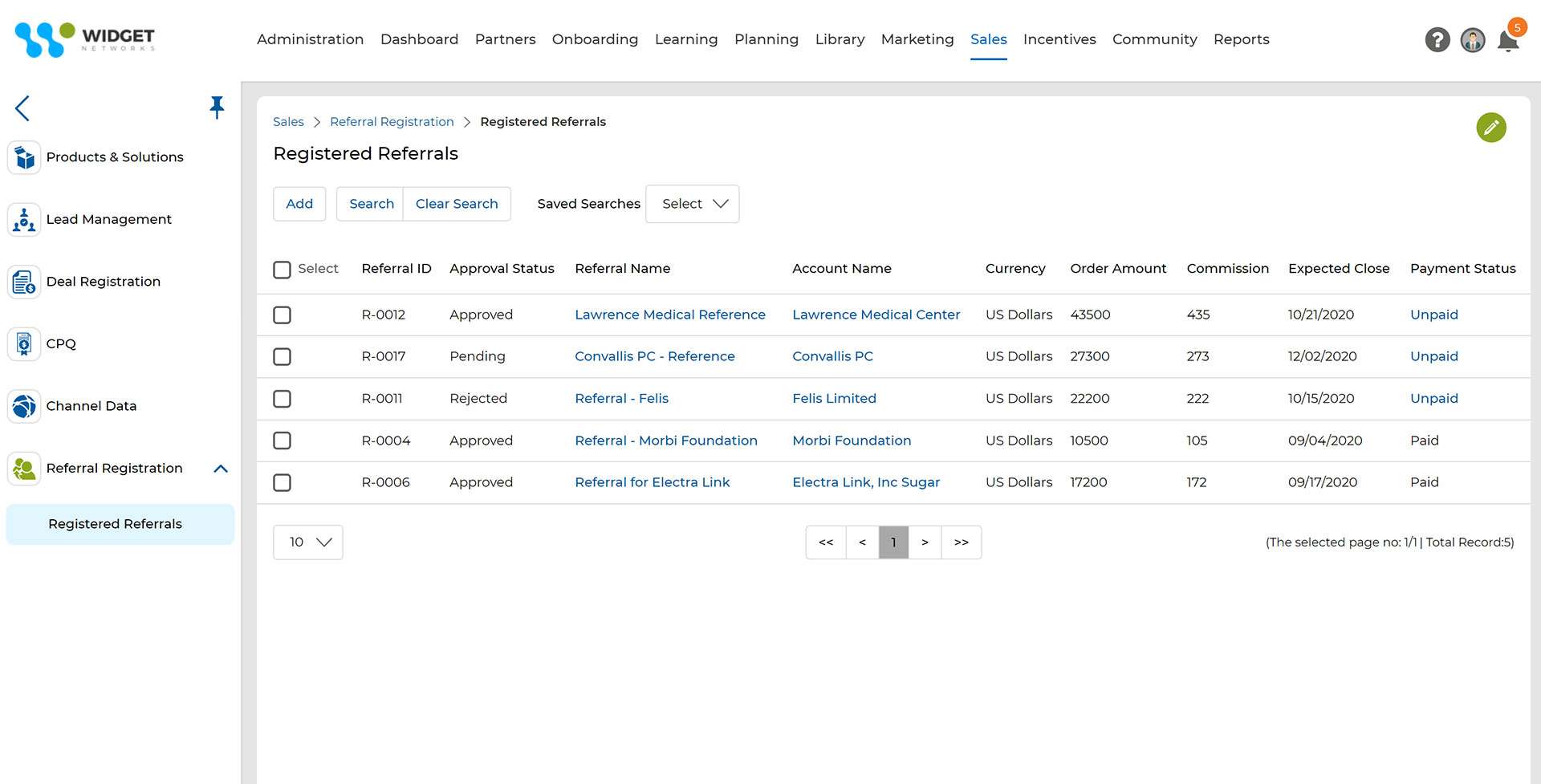
- Click tracking: Analyzing user engagement with affiliate links, providing insights into consumer behavior and preferences.
- Paying out commissions: Automating commission payouts for various types of affiliate activities, such as sales, leads, or clicks, ensuring timely and accurate compensation.
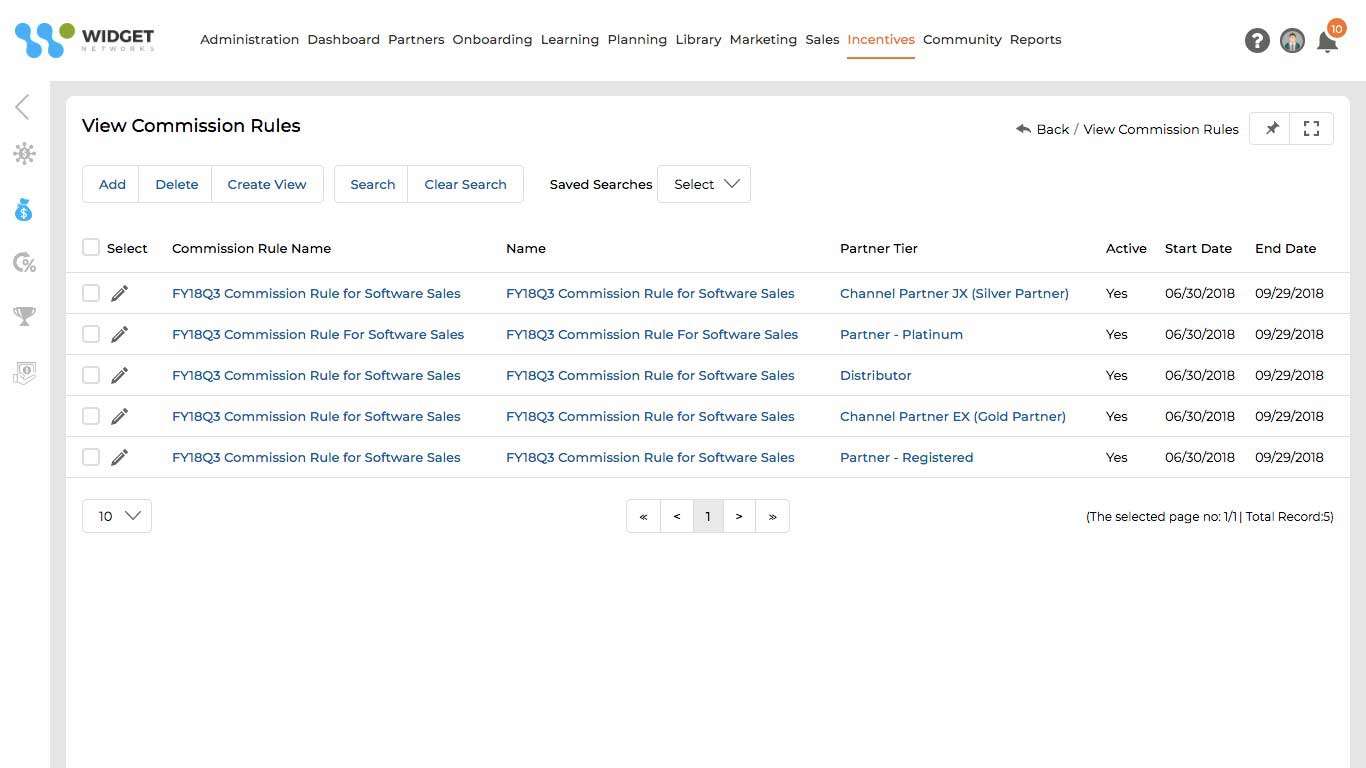
- Deep analytics: Offering in-depth reporting and analytics to help businesses and affiliates optimize their campaigns, identify trends, and make data-driven decisions.
Affiliate Marketing Software Overlaps and Similarities
Affiliate marketing software shares several similarities with other types of software, such as Partner Relationship Management (PRM) software and Channel Marketing Automation (CMA) tools. These overlaps often make it possible for businesses to leverage a single solution for managing various aspects of their marketing efforts.- Partner Relationship Management (PRM) software: PRM tools focus on managing relationships with partners, including resellers, distributors, and affiliates. Both PRM and affiliate marketing software streamline partner onboarding, provide promotional resources, track performance, and automate commission payments. The main difference lies in the scope of partners managed by the software, with PRM catering to a broader range of partners beyond affiliates.
- Channel Marketing Automation (CMA) tools: CMA solutions automate and manage marketing activities across multiple channels, such as email, social media, and content marketing. Both CMA and affiliate marketing software help businesses optimize their marketing campaigns, track performance , and measure ROI. The primary difference is that CMA tools address a wider range of marketing channels, while affiliate marketing software focuses specifically on managing and tracking affiliate campaigns.
- Incentives Management Software: These tools manage incentive programs, including employee rewards, customer loyalty programs, and affiliate commissions. Both incentives management software and affiliate marketing software share the goal of motivating and rewarding specific behaviors. However, incentives management software encompasses a broader range of reward programs, while affiliate marketing software is tailored to the unique needs of affiliate programs.
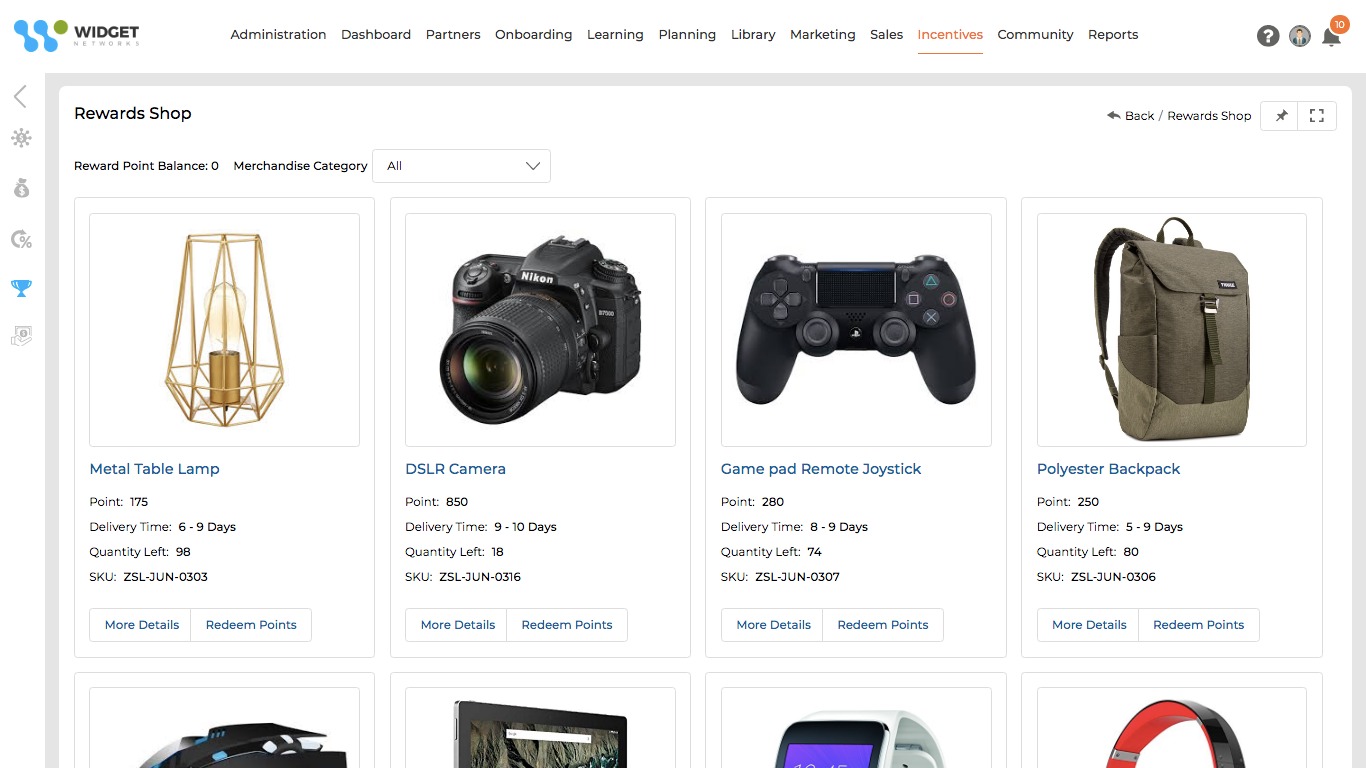
Affiliate Marketing Software in Consumer Applications
Affiliate marketing software has become increasingly popular among influencers, celebrities, and other individuals in the consumer space. This popularity is driven by the ability to monetize their online presence, reach, and expertise through affiliate partnerships. By leveraging these tools, influencers can:- Manage multiple affiliate partnerships: Affiliate marketing software enables influencers to work with various brands and products, helping them diversify their income streams and reduce dependency on a single partner.
- Access promotional materials: These tools provide access to banners, graphics, and other marketing resources, making it easier for influencers to promote products and services to their audience.
- Track performance and earnings: Affiliate marketing software offers real-time reporting on clicks, conversions, and commission earnings, empowering influencers to optimize their strategies and maximize their income.
Affiliate Marketing Software in Business Applications
Businesses across various industries are increasingly turning to affiliate marketing software to expand their reach, drive sales, and improve ROI. Some of the key verticals leveraging these tools include:- Technology: Tech companies use affiliate marketing to promote software, hardware, and services. These businesses benefit from the wide network of affiliates, who can effectively communicate the value proposition of complex products to potential customers.
- Manufacturing: Manufacturers can use affiliate marketing to increase product exposure and drive sales through partnerships with niche influencers and experts who can showcase their products' features and benefits to a targeted audience.
- Finance: Financial institutions and fintech companies leverage affiliate marketing to promote their products and services, such as credit cards, loans, and investment platforms. By partnering with finance influencers and bloggers, these businesses can build trust and credibility among potential customers.
- Real Estate: Real estate companies use affiliate marketing to generate leads, drive traffic to property listings, and increase brand awareness. Affiliates, including real estate agents, bloggers, and influencers, can help expand the reach of listings and promotions.
- Retail and E-commerce: Online retailers and e-commerce businesses have been at the forefront of affiliate marketing, utilizing this strategy to drive sales, customer acquisition, and brand awareness. By partnering with affiliates who resonate with their target audience, these businesses can effectively promote their products and services.
The Future of Affiliate Marketing Software
As technology continues to advance and the affiliate marketing landscape evolves, we can expect several trends to shape the future of affiliate marketing software:- AI and Machine Learning: The integration of artificial intelligence (AI) and machine learning algorithms will enable more accurate tracking, better-targeted promotions, and improved campaign optimization.
- Personalization and Customization: Advanced personalization and customization features will allow affiliates to create highly targeted campaigns that resonate with their audience, leading to higher conversion rates and better ROI.
- Multi-Channel Tracking and Attribution: As consumers engage with content and promotions across various channels and devices, affiliate marketing software will need to adapt by offering advanced multi-channel tracking and attribution capabilities.
- Integration with Other Marketing Tools: Seamless integration with other marketing tools, such as CRM systems, email marketing platforms, and social media management software, will become increasingly important for businesses to manage their campaigns efficiently and effectively.
- Enhanced Data Privacy and Security: With the growing concern for data privacy and security, affiliate marketing software will need to adopt stricter data protection measures and comply with various regulations to safeguard user information.
- Expansion to New Verticals and Markets: As more industries recognize the potential of affiliate marketing, we can expect software solutions to cater to the specific needs of these emerging verticals, creating more tailored and targeted solutions.
Affiliate marketing software has come a long way since its inception, transforming from basic tracking tools to comprehensive solutions that cater to a wide range of industries and applications. As technology advances and the marketing landscape evolves, we can expect these tools to continue to adapt and improve, empowering businesses, influencers, and consumers alike to harness the power of affiliate marketing. By leveraging affiliate marketing software, individuals and organizations can effectively promote products and services, drive sales, and improve their return on investment, making it an essential tool in today's competitive marketplace.
For more information, please check this article.
Best Practices Guidebook
 Mastering Partner Ecosystems Best Practices
Mastering Partner Ecosystems Best PracticesDownload Guide
 Mastering Partner Onboarding Best Practices
Mastering Partner Onboarding Best PracticesDownload Guide
 Partner Ecosystem Management Best Practices
Partner Ecosystem Management Best PracticesDownload Guide
 B2B Marketing in the Age of Intelligence Best Practices
B2B Marketing in the Age of Intelligence Best PracticesDownload Guide
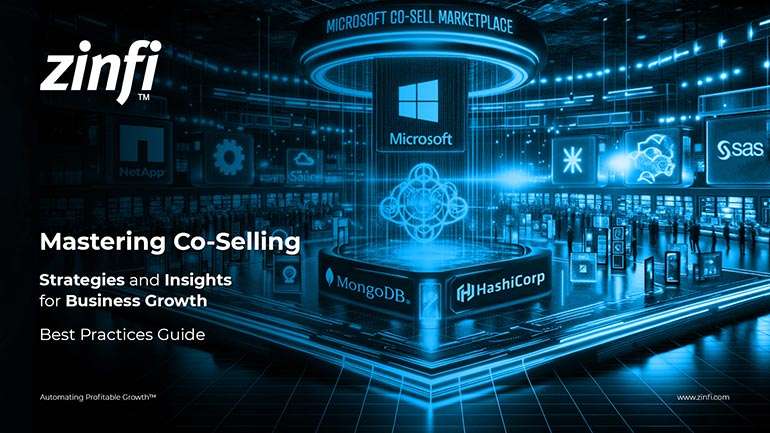 Multi-Partner Co-Selling Best Practices
Multi-Partner Co-Selling Best PracticesDownload Guide
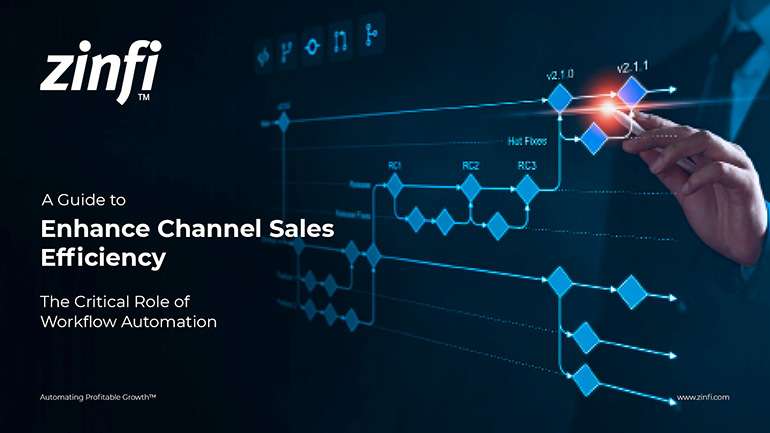 A Guide to Enhance Channel Sales Efficiency
A Guide to Enhance Channel Sales EfficiencyDownload Guide
 Mastering Affiliate Marketing Best Practices
Mastering Affiliate Marketing Best PracticesDownload Guide
 The Ultimate Guide to Channel Partner Management
The Ultimate Guide to Channel Partner ManagementDownload Guide
 Top 10 Trends in 2024 Partner Relationship Management
Top 10 Trends in 2024 Partner Relationship ManagementDownload Guide
 Building Bridges: Best Practices in PRM
Building Bridges: Best Practices in PRMDownload Guide
 Mastering Channel Marketing Best Practices
Mastering Channel Marketing Best PracticesDownload Guide
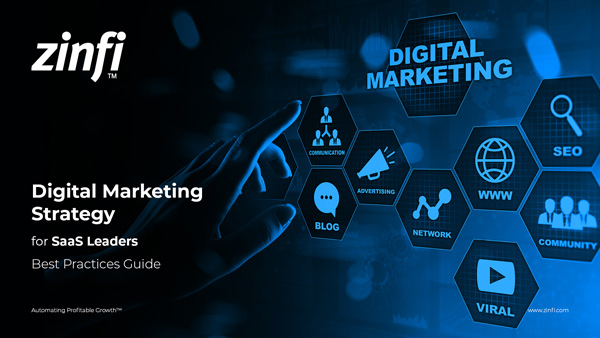 Digital Marketing Strategy for SaaS Leaders
Digital Marketing Strategy for SaaS LeadersDownload Guide
 Mastering Partner Management Best Practices
Mastering Partner Management Best PracticesDownload Guide
 Maximizing Efficiency and Cost Savings with Partner Ecosystem
Maximizing Efficiency and Cost Savings with Partner EcosystemDownload Guide
 AI-Driven Partner Marketing Best Practices
AI-Driven Partner Marketing Best PracticesDownload Guide
 Agency Partners Best Practices
Agency Partners Best PracticesDownload Guide
 New Strategies for Channel Management Best Practices
New Strategies for Channel Management Best PracticesDownload Guide
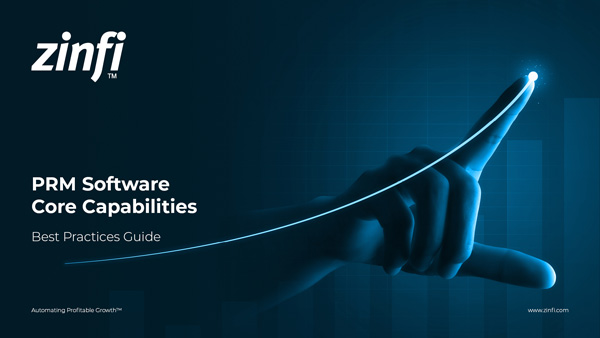 PRM Software Best Practices & Core Capabilities
PRM Software Best Practices & Core CapabilitiesDownload Guide


